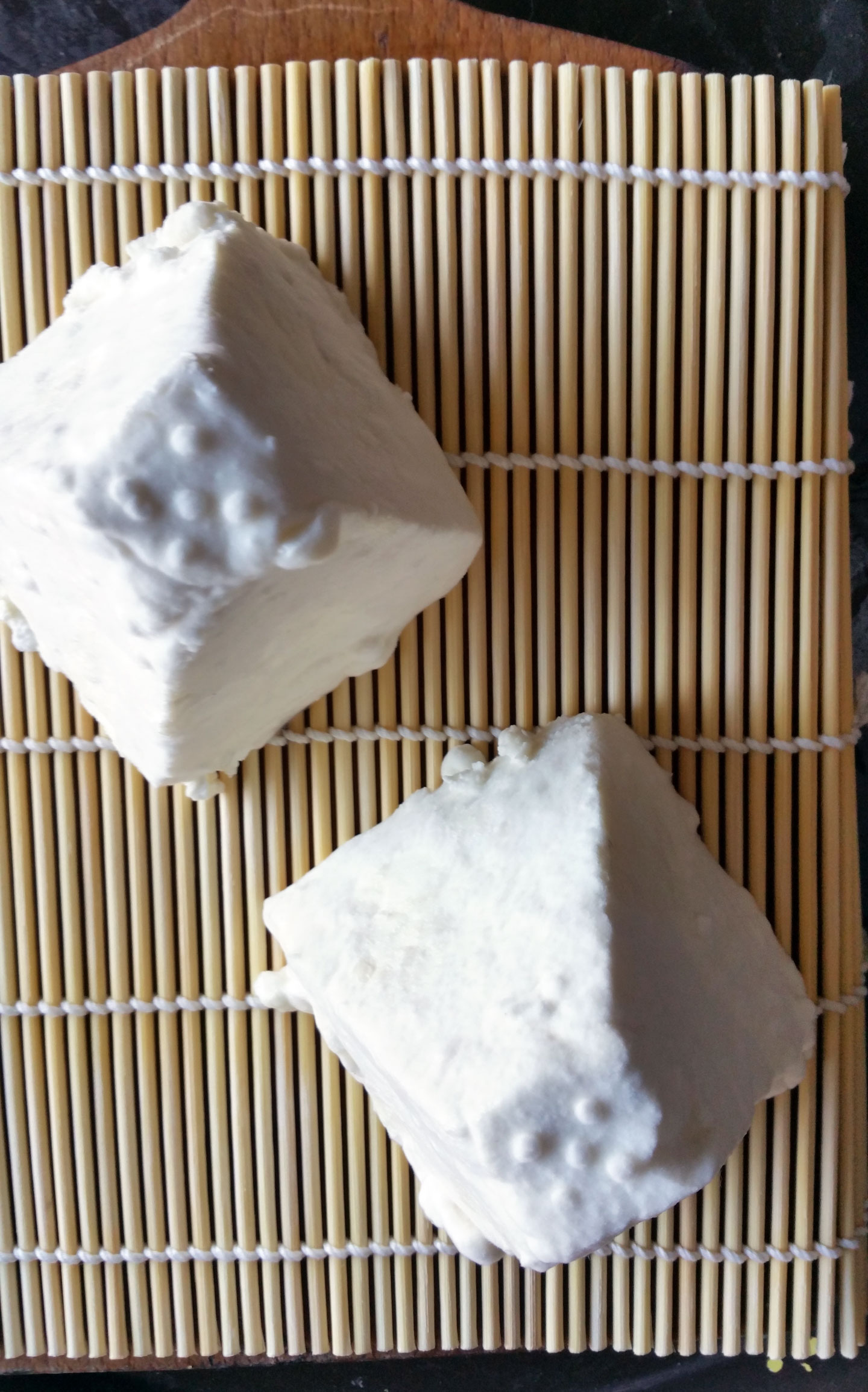
My Cheesy Manifesto
On January 15, 2015 by sixtyacrebakerThere is a huge difference between following a recipe and understanding why the recipe follows the path it does. Cheese making is a blend of science and art. I have been making cheese for quite sometime. I have success, and I have failure. The problem was that I didn’t really understand why; if following the same process time and time again, the results would prove different. The variables in cheese making are complex. There are ways to nurture the natural bacteria in milk and ways to try and beat them at their own game. But until I understood the difference between; morning milk and afternoon milk, winter milk and spring milk, high fat milk breeds and low fat milk breeds, raw and pasteurized milk, acceptable coliform and scary coliform, my experiments in cheese making would continue to be hit or miss. I took a short-course this past week that help me discern the difference. I came away with an understanding of the need to be flexible, while adhering to strict protocol. Sound confusing? Well that is because it kinda sorta is.
I’m going to be painfully honest. I don’t really even like cheese that much. As I write this, I am averting my eyes from the gaze of those words. I am ashamed. Let me clarify. I don’t hate cheese, I like it in small amounts and when it has good flavor. I’m into a good sharp cheddar, or truffled chevre, even a nice chunk of parmesan lights my world. However, I’m that girl that, when ordering french onion soup, asks them to go light (or not at all) on the gooey cheese top. I’m also the one that sneers at the over-cheesed pizza and grated cheese on a side salad. Rather humorous that I’m working so hard to get our goat herd up to level, so I can milk them to make cheese, no?
No.
I want to make good cheese. Cheese that makes its impression in small amounts. Cheese that you don’t have to eat an entire wheel of to realize you just ate cheese. Cheese from beautiful animals raised on quality grass and feed, with a nice life. I’d say happy. But I’m not sure how to measure happy in a ruminant. They aren’t miserable…that I know.
To make good cheese, so much has to happen even before the milk hits the creamery. Cheese making is the truth in “farm to fork” manufacturing. The most valuable thing I have learned, and it sounds really hippy dippy, is to let the milk tell me what kind of cheese to make. Yes, I can force and manipulate to get a facsimile of a type of cheese I like. That is the science. However, right now my plan is, to let the milk tell me what kind of cheese it should be. I’m going to sit with that for a while, as I make my plans for our little dairy business.